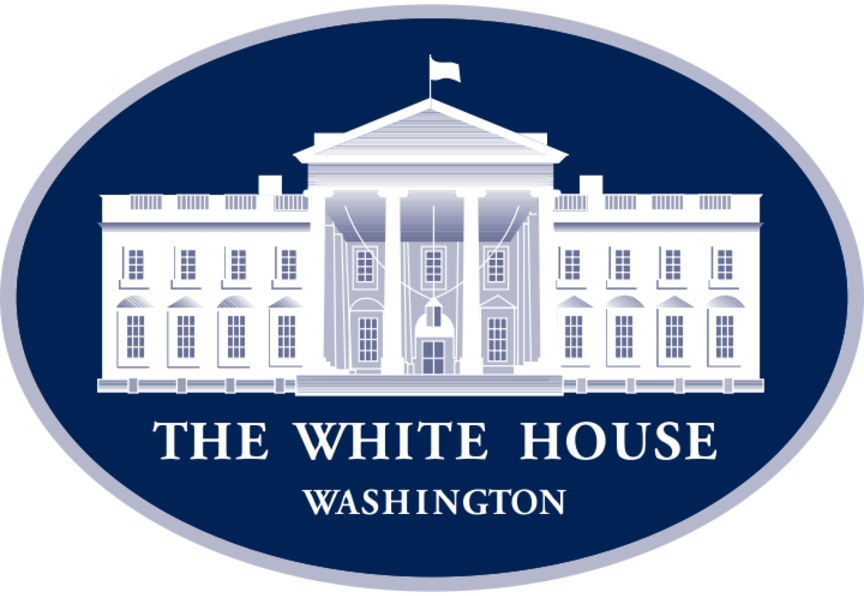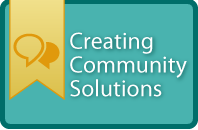Connecticut Well Represented in National Mental Health Dialogue
/
Keeping a commitment made in the aftermath of the Sandy Hook Elementary School murders last December, President Barack Obama launched a national mental health dialogue at the White House Monday aimed at increasing understanding and awareness of mental health, and Connecticut organizations are involved in the efforts from the outset.
Among the initiatives announced during the day-long conference was a new national website, www.mentalhealth.gov, and a series of public meetings to be held around the country under the “Creating Community Solutions” rubric. Two of those community conversations will be in Connect icut – in Hartford and Norwalk – and one of the six national organizations coordinating the initiative has its headquarters in East Hartford.
icut – in Hartford and Norwalk – and one of the six national organizations coordinating the initiative has its headquarters in East Hartford.
The Center for Civic Engagement at the Hartford Public Library will organize the Hartford event as part of the National Dialogue on Mental Health. In response to unprecedented need for civic engagement, Hartford Public Library created the Center for Civic Engagement (CCE). The CCE aims to create a community change process, foster development of a community vision, contribute to a stronger, more successful community, and establish a civic engagement model.
The dialogue in Norwalk will be co-sponsored by the Fairfield County Community Foundation and the Southwest Regional Mental Health Board. The Fairfield County Community Foundation promotes philanthropy to build and sustain a vital and prosperous community where all have the opportun ity to participate and thrive. The Southwest Regional Mental Health Board is dedicated to ensure a quality system of comprehensive, recovery oriented mental health and addiction services that enhances the quality of life and well being of all residents of Southwest Connecticut.
ity to participate and thrive. The Southwest Regional Mental Health Board is dedicated to ensure a quality system of comprehensive, recovery oriented mental health and addiction services that enhances the quality of life and well being of all residents of Southwest Connecticut.
The Creating Community Solutions initiative will allow participants to learn about mental health issues - from each other and from research - and to develop plans to improve mental health in their own communities, according to officials. The national dialogue is to include young people who have experienced mental health problems, members of the faith community, foundations, and school and business leaders.
Among the six national “deliberative democracy” organizations involved in developing the Creating Community Solutions program is East Hartford-based Everyday Democracy, according to federal officials. Everyday Democracy helps people organize, have dialogues, and take action on issues they care about, so that they can create communities that work for everyone. Its ultimate goal is to contribute to the creation of a strong, equitable democracy that values everyone's voice and participation. Details about Everyday Democracy's role in the initiative and how partner communities and organizations can get involved will be available on the organization’s website in the coming d ays.
ays.
Details regarding the date, location and registration information for the Hartford and Norwalk sessions will be available on a new website, at www.creatingcommunitysolutions.org. The site is part of the national mental health website, which was created by the U.S. Department of Health and Human Services. Thus far, community dialogues have been scheduled in New Mexico, California, Alabama, and Arizona, and an additional 29 sites – including the two in Connecticut – are making plans. A Facebook page, https://www.facebook.com/CreatingCommunitySolutions, has also been launched.
Materials to support the conversations are being developed and will shortly be available for download, including an Information Brief, Organizing Guide and Discussion Guide. In addition to Everyday Democracy, the organizations working together to design and implement Creating Community Solutions are America Speaks, Deliberative Democracy Consortium, National Issues Forums, the National Coalition for Dialogue & Deliberation, and the National Institute for Civil Discourse.
In addition, a number of national associations are asking their members or affiliates to organize local events. These groups include the United Way, American Bar Association, National League of Cities, YWCA, National School Public Relations Association, 4-H, Grassroots Grantmakers, Alliance for Children and Families, National Physicians Alliance, Association for Rural and Small Libraries, and the International Association for Public Participation, among others.






























